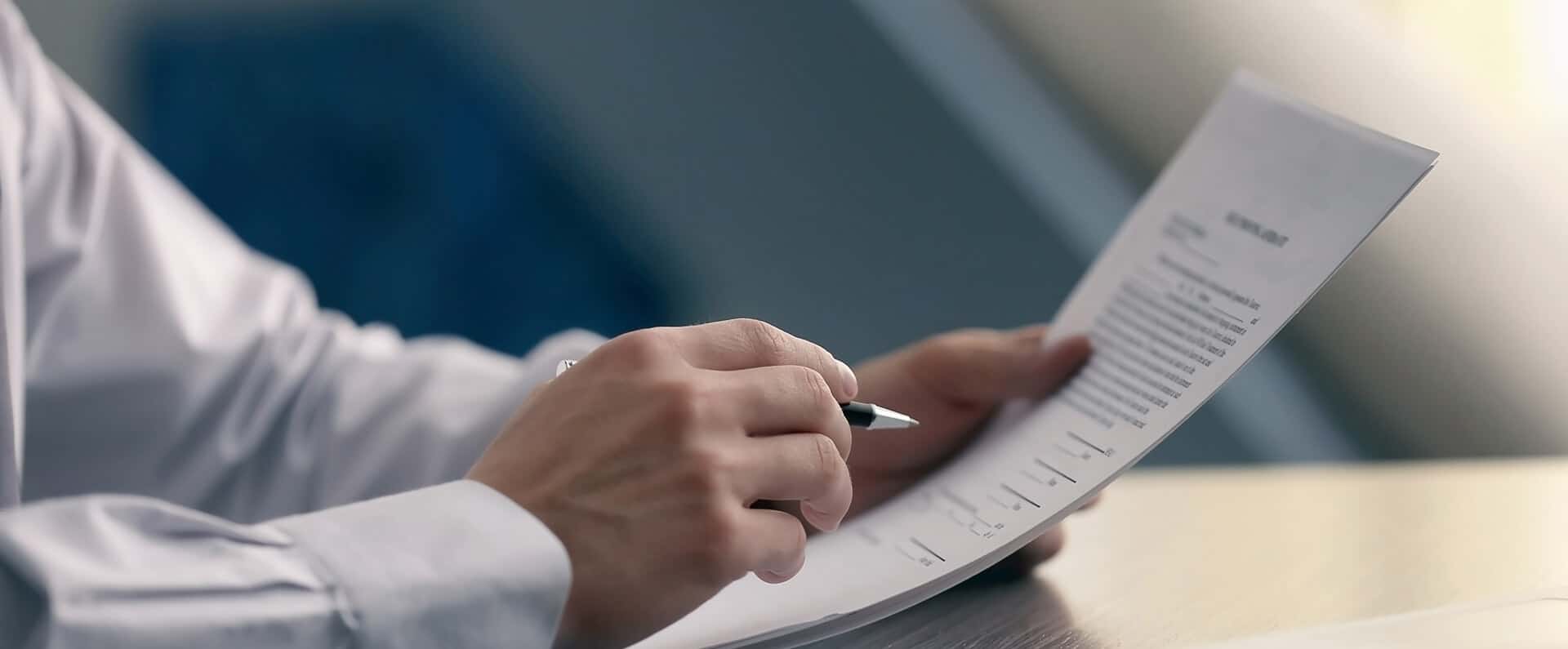Medicaid provides medical coverage to low-income citizens. This vital program assists approximately 20% of the population. Without it, many would lack treatment.
Every year, billions of taxpayer dollars go toward Medicaid. Because of this, it is subject to intense oversight. Government officials are constantly on the lookout for evidence of fraud. Honest mistakes have the potential to turn into criminal charges.
Unnecessary billing
Unscrupulous medical professionals intentionally bill for services or products they do not deliver. Other times, they insist on giving their patients unneeded services and items. Doctors facing accusations of inappropriate charging are wise to consult with legal representation.
Card stealing
Physicians lacking scruples claim reimbursement for patients who are not eligible for Medicaid. To do this, they use a card that belongs to someone else, feigning confusion when they get caught. The similarity of many names increases the possibility that this happens by accident.
Erroneous coding
Medical billing offices make Medicaid claims according to a complex system. Someone might submit codes for more than one procedure when one entry that pays less covers them all. Inaccuracies can leave the impression of being intentional, leading to investigations.
Recreational drugging
Even people in the medical field are susceptible to addiction. A physician in its grip could exploit Medicaid for mood-altering substances. Others profit by selling ill-gotten pharmaceuticals. They must have proof that the narcotics in their possession are necessary.
These loopholes and others allow unethical individuals to take advantage of Medicaid. Their presence makes honest practitioners vulnerable to accusations of criminal activity.

